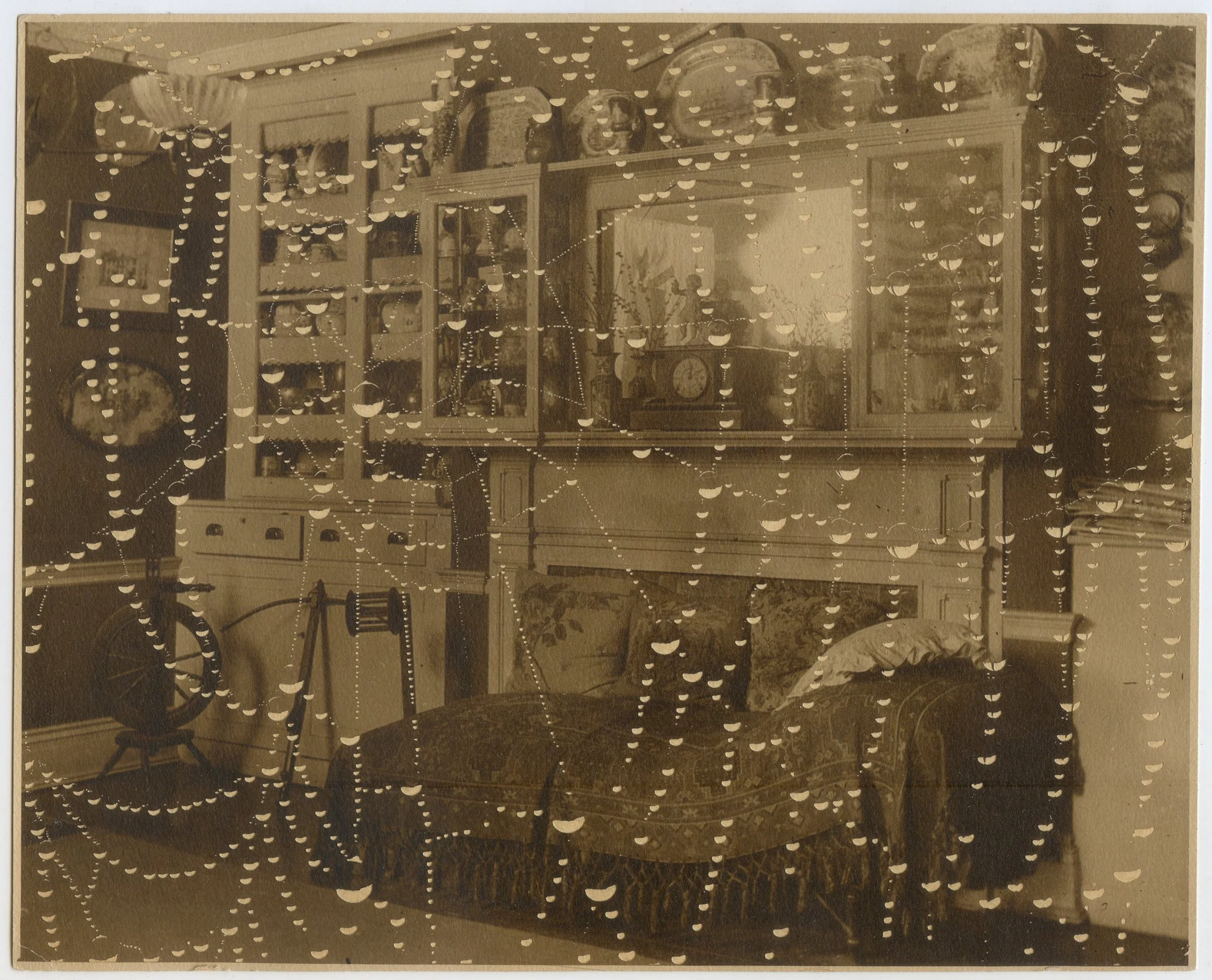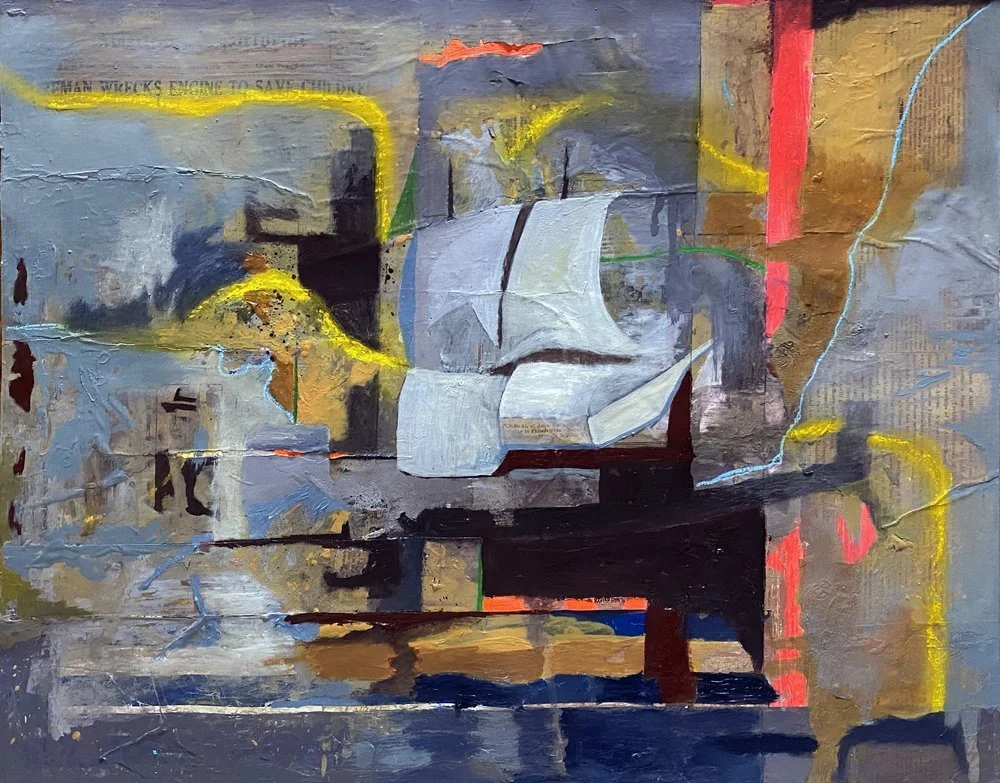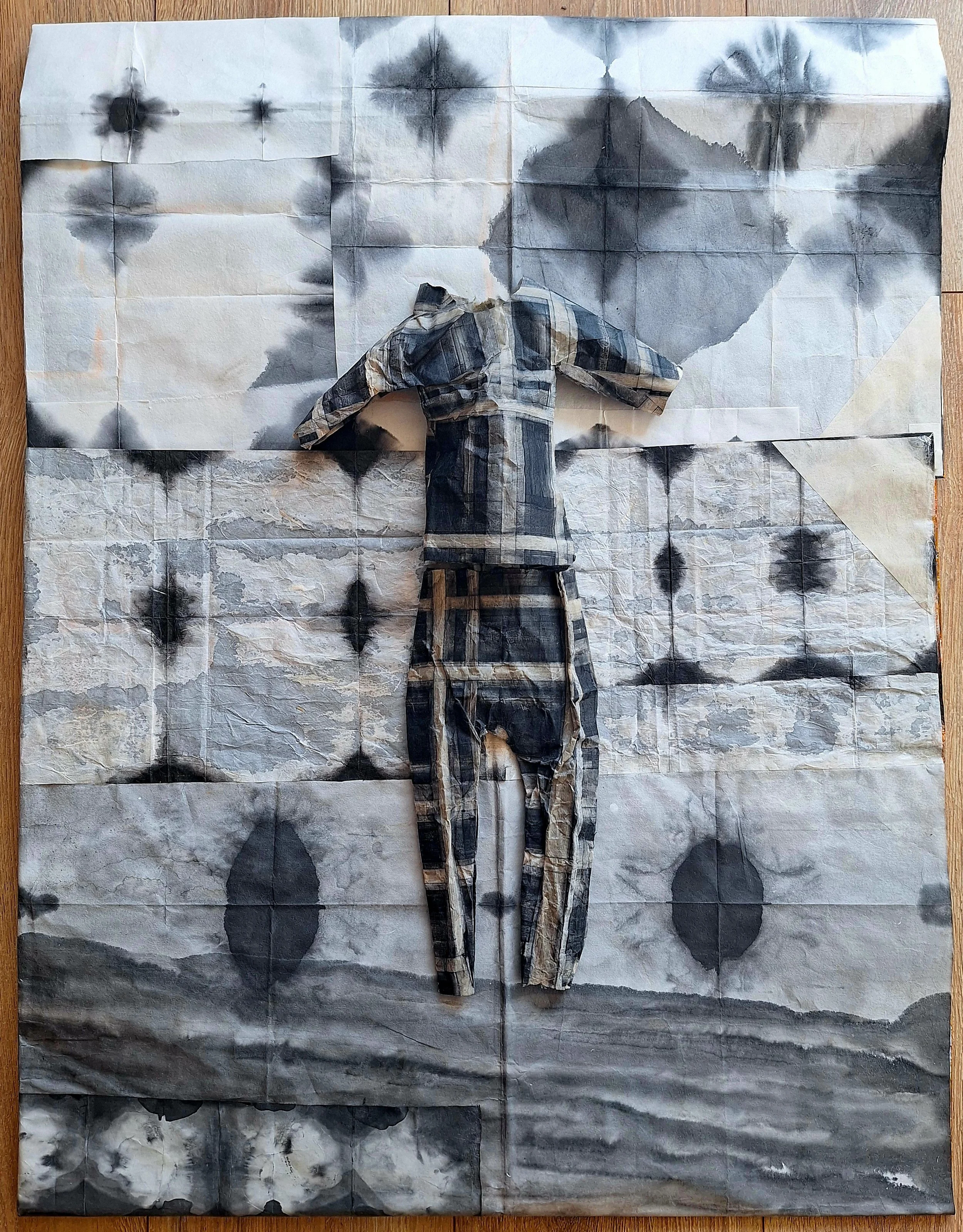Winners of the 8th Singapore Poetry Contest
We’re very pleased to announce the results of the 8th annual Singapore Poetry Contest. In conjunction with our Gaudy Boy launch of Jhani Randhawa’s prizewinning book of poems Time Regime, this year’s contest looked for poems that used the chiming words “time” and “regime” together or separately in imaginative ways. Poems should also possess overall excellence, of course. Open to everyone, the contest was judged by our Editor-in-Chief Jee Leong Koh. Winners receive a cash prize and publication in SUSPECT.
We received a total of 245 poems. The entries came from 27 countries from around the world. Singapore leads with 67 entries, followed by the US 35 (CA 11, NY 4, PA 4, NC 3, VA 3, MN 2, NV 2, MA 1, MD 1, MO 1, SC1, TN 1, TX 1), Nigeria 31, India 19, the UK 9, the Philippines 8, South Africa 8, Benin 7, Canada 6, Uganda 5, Malaysia 4, Pakistan 4, Austria 3, Ecuador 3, Australia 2, Bolivia 1, Congo 1, Germany 1, Ghana 1, Hong Kong 1, Indonesia 1, Israel 1, Italy 1, New Zealand 1, Spain 1, Ukraine 1, Zimbabwe 1, and 23 entries from unknown locations.
First prize (USD300) goes to “The funeral director said h/is/er body didn’t check,” by Gabriel Awuah Mainoo.
Second prize (USD200) goes to “Untitled [Much later from today, all that's between us],” by Purbasha Roy.
Third prize (USD100) goes to “If Not a Dead Noun Verb-ing Towards a Deader Noun,” by Chisom Charles Nnanna.
Congratulations to the winners! Enjoy their poems below. The Singapore Poetry Contest will return in 2023.
First Prize
The funeral director said h/is/er body didn’t check
By Gabriel Awuah Mainoo
imagine at midnight Jesus comes down from the cross to eat pomegranates// imagine the dead is dug again & again & again// & examined if their genitals could make an ovum out of the clammy bog// of course everyone witnesses it on TV & radio & placards in newspapers & magazines// the protest for unitary bathrooms// at the last LGBT-gathering s/he said the next country s/he’d love to visit is located in-between that Mexican wo/man’s thighs// i asked h/im/er about allegiance// s/he lithographed a garnet smile in my stomach// a galaxy of invisible azaleas rearranging on my hedged-lid// s/he confessed s/he’s left a part of h/er/him with every man & every wo/man forgets their part in h/im/er// pulling coffee out of everyone’s body makes me understand thermodynamics// it's not the science// such sci-miracle occur when the knee of a black-muscular-wo/man & a white-feminine-man// a white-muscular-wo/man & a black-feminine-man// a black-muscular-wo/man & a black-feminine-man// a white-feminine-man & a white-muscular-wo/man is deep in another// even the thing doesn't have a name// conjure it out of nomenclature like Sadi Carnot// the name is not a thing// calling it a thing isn't enough// enough// to you is acceptance// but acceptance is what you don’t want to accept// or acceptance is not enough?// sexuality is a toothed-wind loitering beyond every regime of time// i don't know// i don't know// i don't know how that chimney sweeper knows everyone's favorite sex position in that office// it’s the thing nobody wants to accept// probably s/he is addicted to the lethal smoke in everyone’s breath// what is not there is what you are not seeing// from the tail of the supreme court i see the KFC truck turning at point X// in the disappearance two women kissing in the fog of chicken smell beside the old grand cathedral overlooking the police station// arriving at locus Y// is a brothel named after a bleeding government// i see warm hands of gay boys climbing & lowering on bodies behind the cloud-pile of Cedar-wood// what is there is what you are not seeing// the confusion & neglect flings us here// to excavate the gender of this poem// gunshots of voices// incendiary placards & armed words minced into armors & cudgels// how many times do you want to bury the dead? mulberry skin// the complexion of hundred countries// today you are the size of rain in the clouds// i only identify you// after you gather in my hands// tenderly, i throw you back into the skies// survive//
Judge’s Comment:
What impresses me about “The funeral director said h/is/er body didn’t check” is the largeness of the world it encompasses. I’m thinking not only of the external reality of “two women kissing in the fog of chicken smell beside the old grand cathedral overlooking the police station” but also of the interior space opened up by “a galaxy of invisible azaleas rearranging on my hedged-lid.” I’m thinking of Jesus Christ’s Jerusalem, William Blake’s London, and Sadi Carnot’s Paris—religion, politics, and science. Despite, or is it because of, the forward slashes of separation, what knits the disparate spaces and references together is the poetic voice, at once wondering, skeptical, amused, and tender. I will not forget the memorable image that the poem makes of the contest’s challenge: “sexuality is a toothed-wind loitering beyond every regime of time,” with its ineffable mixture of longing, pain, hope, and, perhaps, political resistance.
Gabriel Awuah Mainoo is a Ghanaian writer, poet, editor, & lyricist. Winner of the 2021 Africa Haiku Prize and the LFP/RML/Library of Africa and the African Diaspora chapbook prize, he is the author of five poetry books & the forthcoming ‘‘Sea Ballet.” His writings have appeared in Wales Haiku Journal, EVENT, Prairie Fire, Best New African Poets Anthologies (2018, 2019, 2020).
Lian Zhang - Apple (2021), Oil on canvas, 40×30cm
Image description: A lime-green hand with short black fingernails in the center of the frame is reaching outwards, holding a red apple, against a pale yellow background. Thin vines surround the hand in the shape of a uterus. Two pink flowers have bloomed at the top while two buds remain unopened. The bottom two vines have transformed into small, dark snakes.
Second Prize
Untitled
By Purbasha Roy
Much later from today, all that's between us
shall breathe timeproof. Tell me, if something
never loses value what word graces it better
meaning than timeless. I have explored the
regime of this feeling and found it has margins
made of dawn things. A whole cosmos blooming
within, timed-out from sorrows; nightmares. The
sunshafts falling cursive around us. Like timeous
ballads of consolations we finally stumbled as sky
wearing its own body. At nucleus of our bruises,
now taking regimented journey of collapsing. Inside
their own time-lapsed histories. You say, the shores
of our shadows shall seek each other like timeliest
train-boarding from a village station where trains
arrive once a week. Let me admit I want to adjust
this time to that type of time which on condensing
kneels soundlessly towards the farceless door of home
Judge’s Comment:
I love this poem for its cheeky wit. It takes up the contest challenge and plays it like a hand-held xylophone. The musicality of the wit here is accompanied by the gorgeousness of the imagery (“nucleus of our bruises”), which aptly simplifies towards the village station, towards home at the end. Love poems are hard to write. The imagination sparked here speaks convincingly of love’s fire.
Purbasha Roy is a writer from Jharkhand, India. Her work has appeared or is forthcoming in SIAMB!, Bluestem, DASH, VIEW!, Bayou Review, long con, Hive Avenue, Delicate Friend, and elsewhere.
Lian Zhang - Winter Harbour, 2021, oil on canvas, 70x50cm
Image description: A lime-green topless figure in white trousers with its back facing us is overlaid on the panoramic image of a figure rowing a small, flat, wooden boat with two glowing lanterns in a deep blue harbor.
Third Prize
If Not a Dead Noun Verb-ing Towards a Deader Noun
By Chisom Charles Nnanna
I’ve ceased wondering what will happen to the universe
if I exit this body suddenly. I’ve seen powerful men
become nothing more than morphemes in my
history textbook.
Is time and emptiness not the same traveller?
It happens I’ve been living another’s universe.
I walk to my reflection and it’s not facing me; it’s walking
to another’s reflection.
This body I’m in is a rudder swayed by someone else, something else.
I’m still remembering when all that could go right went
depressingly wrong when I called my own shots.
Charles, really, did they?
What is it about making a mark that makes us go as
far as conveniently un-gathering ourselves and
knitting masks to our skin?
What is a Republic without her own regime if not a
dead noun verb-ing towards a deader noun?
I pray I do not fall into that timeless sleep living a
poem like this.
I want to own this universe
this reflection this ship
this country this body.
Judge’s Comment:
This poem successfully evokes the uncanny feeling of living in someone else’s universe, in someone else’s body. Our reflection, what we take for granted, may walk away from us. Our agency, what we value so highly, may do us in. This has always been the case, the poem admonishes itself, in the history of great men and in the current moment of the Republic. We can only pray and state plainly what we want.
Chisom Charles Nnanna (he/him/his) is a Nigerian creative writer and student of mass communication in the University of Ilorin. He is the winner of the 13th edition of Tush Magazine Bi-monthly Writing Contest; the two-time winner of the Shuzia Poetry Contest; the top entrant of the Nigerian Students Poetry Prize, 2021; and the finalist of the Eriata Oribhabor Poetry Prize, 2020.
Lian Zhang is a London-based Chinese artist. Zhang’s works hint at multifaceted narratives that strain in many different directions at once, creating a current of tension that runs under an overlying sense of serenity. Suspending the past and the future by interweaving allusions to precise historical periods with timeless imagery, Zhang’s paintings are firmly sited within a rich art historical tradition, drawing particularly on the Surrealist and Symbolist movements. They are also inspired by the teachings of Chinese philosophy, in particular, Taoism. Zhang’s latest works explore Asian female identity and the experience of living abroad as an immigrant.
If you’ve enjoyed reading this article, please consider making a donation. Your donation goes towards paying our contributors and a modest stipend to our editors. Singapore Unbound is powered by volunteers, and we depend on individual supporters. To maintain our independence, we do not seek or accept direct funding from any government.











“Like the man who wears a vest saying negotiator in a hostage situation, I want one that says prioritizer.” Three poems by Satya Dash.